Today, over 100,000 Ohioans are registered for medical marijuana usage. Despite its many potential health benefits and legal status in many states, the rules around health insurance and medical marijuana remain murky.
You can’t be arrested for having a medical marijuana card, as long as you are taking the proper precautions on securely transporting the product from Point A to Point B. Products must be in a secured container out of the driver’s reach, ideally being transported in the trunk.
Still, there is a lot of confusion around how medical marijuana in Ohio affects insurance policies. That’s because the medical marijuana industry and its regulations are constantly changing.
Having a clear understanding of the ways medical marijuana affects insurance can save you a lot of confusion and headache. Keep reading to find out how medical marijuana in Ohio can affect your insurance policies.
Will Insurance Cover Medical Marijuana in Ohio?
Medical marijuana in Ohio became legal in 2016, making Ohio the 25th state to legalize it. While the law provides legal protections for registered medical marijuana patients, insurance coverage is more complicated.
For a very long time, marijuana was an illegal drug according to federal and state law. Medical marijuana is now legal in 37 states, D.C., and four U.S. territories.
The legality surrounding medical marijuana remains a gray area. The federal government still considers it a Schedule 1 drug.
It is a big risk for insurers to cover the cost of an illegal medication at the federal level. However, there is reason to hope that insurers in states where medical marijuana is legal may be inclined to cover its cost in the future.
If the federal government changes the scheduled status of marijuana, that would undoubtedly change insurers’ interest in paying for it.
Another reason insurance companies won’t pay for medical marijuana right now is that it is not listed on their drug formularies. Prescription medications must be on a formulary for insurance companies to know what they can cover and how much they will pay for each prescription.
The only way for a prescription drug to get on health insurance formularies is for the FDA to approve its use. Unfortunately, there is not enough research currently for the FDA to approve medical marijuana as a medication.
If the FDA is able to do more research to approve medical marijuana as a medication, then the chances of insurance plans covering it are more likely.
Is Any Form of Medical Marijuana FDA Approved?
There are three types of synthetic THC medications that the FDA has approved. These include Marinol, Cesamet, and Syndros.
Marinol is a drug that gets prescribed for chemotherapy and HIV patients. It is helpful in treating common chemo side effects such as nausea and vomiting. It also helps to increase appetite and reduce weight loss in people with HIV.
Cesamet is similar to Marinol. It also treats severe nausea and vomiting in chemotherapy recipients. Likewise, Syndros treats loss of appetite, nausea, and vomiting.
The FDA has also approved an oral CBD solution called Epidiolex. This medication treats epileptic seizures.
Each of these medications may appear on drug formularies. They are all covered by insurance.
How Does Having a Medical Marijuana Card in Ohio Affect Health Insurance?
Health insurance companies thoroughly regulate premium rates. Your rate depends on five factors.
These factors include your age, where you live, your tobacco use, whether you have a family, and your plan category.
Whether you have a medical marijuana card is not a factor insurance companies can use to determine your premium rate. In addition, they cannot discriminate against you for any of the conditions you treat with medical marijuana.
Therefore, there is no risk of paying a higher premium for having a medical marijuana card. Find out if you meet the requirements to qualify for an Ohio medical marijuana card.
How Does Medical Marijuana Use Affect Life Insurance?
It is very possible to purchase life insurance while using medical marijuana. However, unlike health insurance, your life insurance premium rate may be higher. Here are the ways medical marijuana can affect life insurance.
Health Conditions
If you are using medical marijuana to treat a health condition, your life insurance company will want to know about it.
For example, if you use marijuana to treat symptoms or side effects of a terminal illness like cancer, that would impact your ability to take out a new life insurance policy.
Life insurance rates are based on your health history and risks at the time you take out the policy. Therefore, the more severe health problems you have, the higher your premium rate will be.
Smoker Classification
Smoking marijuana can put you in the same category as tobacco users in the eyes of an insurance company. Smokers’ premium rates are a lot higher than the rates for nonsmokers.
However, not all insurance companies put marijuana use in the same category as tobacco use.
Frequency
How frequently you use marijuana can affect your insurance premium. If you use it infrequently, you may still qualify for a standard rate.
If you use medical marijuana on a regular basis, you might find yourself paying the smoker rates.
Qualifying Conditions Treatable With Ohio Medical Marijuana
Medical marijuana in Ohio is approved to treat a wide variety of conditions. Among those, pain management is probably the most common.
Medical marijuana often gets used for treating chronic arthritis and nerve pain as well as multiple sclerosis. Medical marijuana is also approved to treat fibromyalgia, Parkinson’s, endometriosis, cancer, HIV/AIDS, PTSD, anxiety, and depression.
Medical marijuana is popular for pain management because it is not as addictive as opioids. It isn’t a sedative either, so people who use it can go about their daily lives without feeling exhausted.
Make sure to consult a health care provider before using medical marijuana. You can find a list of licensed physicians who prescribe medical marijuana in Ohio here.
Get Your Ohio Medical Marijuana Card
As far as insurance is concerned, coverage for medical marijuana remains uncharted territory. There are a few FDA-approved synthetic THC treatments covered by health insurance.
Insurance companies may be reluctant to pay for medical marijuana, but there is no reason your health coverage should be affected by having a medical marijuana card in Ohio.
To get a prescription for medical marijuana in Ohio, you’ll need to apply for a medical marijuana card. With Releaf Health Clinic, getting approved for a medical marijuana card is a breeze.Schedule a telemedicine consultation with Releaf Health Clinic today to get started.


